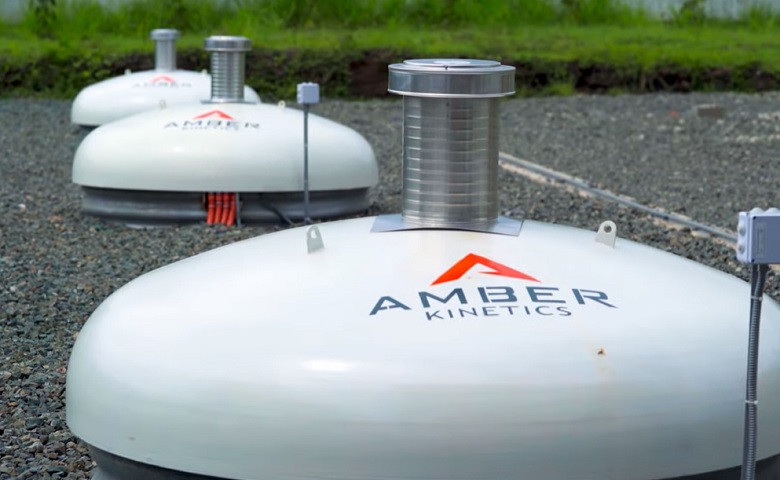Pollution is one of the most important issues that we face today and vehicular pollution also remains rampant at a time when pollutants such as the environment, water, and air are so widespread. Vehicular pollution or transportation and motor pollution mean that motor vehicles introduce harmful substances into the environment. These substances, known as pollution, have many bad effects on human health and ecosystems.
Carbon monoxide, hydrogen, nitrogen oxide particle matter, ammonia, and Sulphur dioxide are the catalysts of such pollutants. Transportation is a major source of air pollution in many countries around the world because of the large number of vehicles available on the roads today. Vehicles introduce toxins into the atmosphere through various methods. Since they are machines, many pathways are excreted as waste products, and it is these pathways that cause environmental pollution.
There are several reasons why vehicular pollution occurs, and they are one of the biggest contributors to greenhouse emissions in the atmosphere. Let’s take a look at what are the main factors that cause vehicular pollution. Burnt fuel byproducts are emitted into the atmosphere—i.e., fuels such as petrol, diesel, etc.—with several far-reaching consequences that occur when vehicles emit them. The type of fuel determines the amount of harmful byproduct that is allowed into the ecosystem.
Use of non-environmentally friendly vehicles – Vehicular pollution varies for different reasons, vehicles that use diesel are more harmful to the environment as compared to vehicles that use petrol. Vehicular pollution can be easily seen by the amount of smoke emitted by these two types of cars. Similarly, the quality of the fuel used in the vehicle also plays an important role. Poor quality fuel causes more waste to be emitted into the atmosphere. Evaporation of the fuel -The fuel evaporates from the tank to the atmosphere, and this smell alone can make people very uncomfortable. Since petrol and diesel are mostly hydrocarbons, they are extremely harmful to the ecosystem in many ways.
Lack of vehicle maintenance – Poorly maintained cars pollute the environment rather than being well-maintained. They fill the environment with more greenhouse gases and unburned fuel than smaller ones. Unburned hydrocarbons-which are emitted by vehicles into the environment, leading to pollution. They mainly pollute the air on the ground floor as there is not enough light to rise to the higher atmosphere.
There are a lot of impacts happening in our society due to vehicular pollution, the most important of which is global warming. This causes the emission of greenhouse gases into the atmosphere leading to the depletion of the ozone layer and causing global warming. These pollutants cause respiratory infections and cancer. Hydrocarbons are not so good for human health that they cause heart disease and worsen asthma. Most people refuse to visit countries they know are harmful to their health and this reduces the number of tourists to that country and severely affects tourism.
Nitrogen oxides cause the formation of a very decaying smog that accelerates the corrosion of vehicles. Similarly, when nitrogen oxide is known in rain, it causes acidic rain to form. Vehicle maintenance to reduce vehicular pollution, abandoning old vehicles, carpooling, and adopting alternative modes of transport contribute to the reduction of vehicular pollution. It is better to sell your old car before it gets 10 years aged. , vehicle pollution can be controlled and for the same, approaching car disposals Sydney makes sense.
















